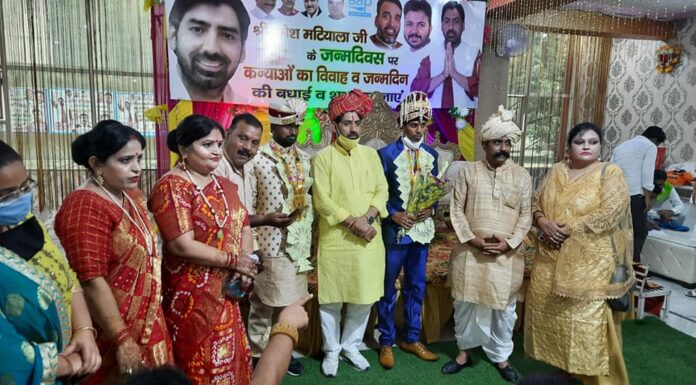As rightly quoted by Marilyn Monroe, “Imperfection is beauty, madness is genius and it’s better to be absolutely ridiculous than absolutely boring”. Wabi-sabi is a world view centred on accepting transience and imperfection. The aesthetic is described as one of appreciating the beauty that is imperfect, impermanent and incomplete.
Imperfection is perfection. What is ‘perfection’ anyway? Does it even exist? No rulebook shows what perfection is. Do we waste our precious energy trying to be something that does not have existence? Imperfections differentiate us from each other and make us stand out. Contradiction highlights beauty. Life would be monotonous without differentiation where everyone would be just the same or ‘perfect’.
Why do one million people annually come to a small town in Italy called Pisa to contemplate the beauty of The Leaning Tower of Pisa? This influx of tourists from all over the globe is not interested in the beautiful white and perfectly built cathedral, but rather in its crooked 4 degrees tilted freestanding bell tower. Why would anyone travel long distances to marvel at an imperfect building? There is controversy regarding the original designer of the worldwide known tower. Some say he fled the city when his fatal mistake was discovered. Why? He should have the main boulevard of the city named after him. The city would have probably drifted into obscurity without his callousness. He single-handedly and unintentionally secured Pisa’s economy for centuries with his imperfect calculations.
The voice and melody of veteran singer Ravindra Jain stay imprinted in the minds and hearts of Indians. He was blind since birth. Ravindra Jain proudly acknowledged that he was grateful for the same in an interview. What we might call a lack of ability enabled him to live his melody.
Ludwin van Beethoven composed various melodious symphonies after his deafness. Arunima Sinha successfully scaled Mt. Everest after losing her leg. There are endless, inspirational examples of imperfections uplifting and empowering lives.
In various mythologies, including Hindu mythology, imperfections are an integral part. Lord Ganesha is famously known as ‘ekadanta’ because one of his tusks is depicted as broken. In Greek Mythology, the Gods are personalities with human failings. Various other cultures acknowledge the beauty and purity of imperfections.
We often see tilted trees that maximise the beauty of a scene. Japanese pottery and art consciously implement the ideals of Wabi-sabi, producing each piece that is unique and different. Wabi-sabi nurtures all that is authentic by acknowledging three simple realities: nothing lasts, nothing finishes, and nothing is perfect. We must take inspiration from this life-changing philosophy and implement it in our lives.
Article submitted by :Kanishka Paltani























